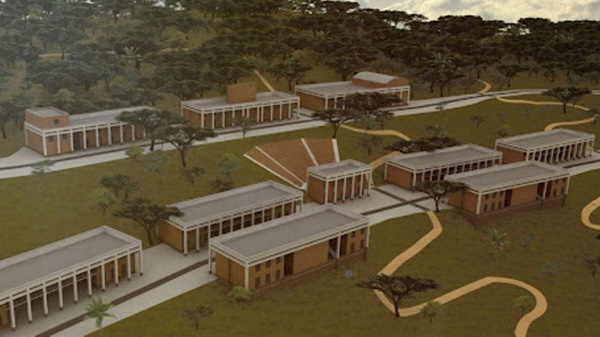
Tanzania’s Mwalimu Nyerere University of Agriculture and Technology
DAR ES SALAAM, Jan 25 (NNN-GNA) — Tanzania’s Mwalimu Nyerere University of Agriculture and Technology in Butiama District, Mara Region has been receiving millions of shillings in government funds for over a decade yet it has not enrolled any student since it was established.
Though it requires a budget of more than Tsh1 billion ($428,000) per year, it barely receives a fraction of that amount, and it has never trained a single student.
According to information acquired at the university during a weekend visit by Parliament’s Social Services and Community Development Committee, the institution requires more than Tsh1 billion per year to operate properly. However, it currently gets Tsh400 million ($171,000) per year.
The university employs 80 people, including more than 60 academic staff, over 40 of whom are currently studying at different levels including PhD.
What is most intriguing is that the university has been without students for 13 years, despite the presence of a chancellor and lecturers.
Members of the parliamentary committee were surprised, with some expressing anger over the state of the institution.
Deputy Minister for Education, Science and Technology Omary Kipanga said that one of the factors that led to the college not offering lectures was the absence of qualified staff.
“The first issue that slowed the provision of services was a lack of professional human resources,” he said, adding that the lack of certified lecturers to teach at the degree level hampered the start of learning at the university.
And while speaking to The Citizen, the ministry’s Permanent Secretary Francis Michael clarified that the institution has been operating under a provisional licence.
“The institution was granted a provisional licence, which would prevent it from admitting students until more than 50 of its professors had advanced to the PhD level,” he explained.
However, he noted that many of the professors have already completed their studies and that the college may start admitting students in the next academic year.
According to the Tanzania Commission for Universities (TCU), for any institution to be accredited, the Commission must be satisfied that it has adequate physical, human and financial resources, a viable academic programme and a sound structure of governance.
TCU says that a provisional licence is just a preparatory stage for the issuance of a Certificate of Accreditation.
“At this stage, the institution is required to develop physical infrastructure, prepare administrative and academic policies, develop curriculum, establish a governance structure and employ academic staff,” TCU notes on its website. — NNN-GNA
